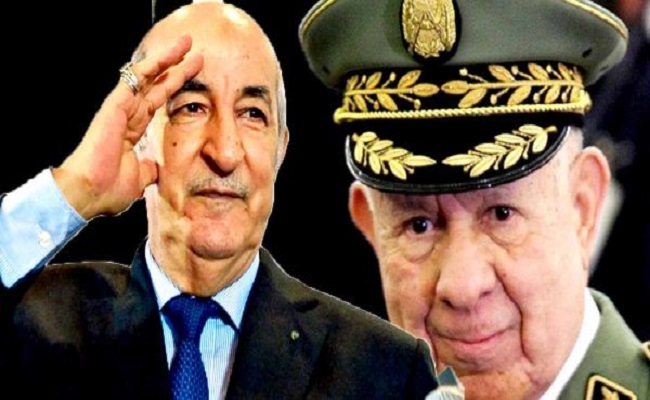Under President Abdelmadjid Tebboune, Algeria is working to influence the Muslim Brotherhood in Egypt to push for the opening of borders and support an attack on Israel.
Facing significant challenges in Kabylie, with southern Algerian liberation movements, and tensions along the Libyan border with Marshal Khalifa Haftar, as well as recent developments with Mali, the Tebboune regime is using the Middle East crisis to assert its leadership in the Arab and Muslim world.
This maneuver is seen by Western experts as an attempt to distract from Algeria’s internal issues and to strengthen an unlikely geopolitical position for the military regime under General Saïd Chengriha.
By provoking Egypt and urging it to open its borders for an offensive against Israel, Tebboune aims to position himself as a key player in the Israeli-Palestinian conflict.
Meanwhile, U.S. Secretary of State Antony Blinken met with Egyptian President Abdel Fattah al-Sisi in Egypt on Tuesday to discuss the Gaza situation. Blinken, who later visited Qatar, is seeking a ceasefire agreement between Israel and Hamas.
This comes as Hamas accuses the U.S. of giving Israel a « green light » to continue the war. During the meeting in El-Alamein, President al-Sisi called for an immediate ceasefire in Gaza, contrasting with Algeria’s efforts to push Egypt towards a more aggressive stance against Israel.
For the U.S, a ceasefire in Gaza is aimed at preventing regional escalation, including potential attacks by Iran or its allies, such as Hezbollah, Hamas, and Yemeni Houthi rebels.
These terrorist groups, along with the Polisario Front and their affiliated branches in Africa within secret Iranian military bases in Algeria, threaten retaliation following the alleged Israeli assassination of key Hamas and Hezbollah figures, including Ismail Haniyeh, Fouad Choukr, and other terrorists.

